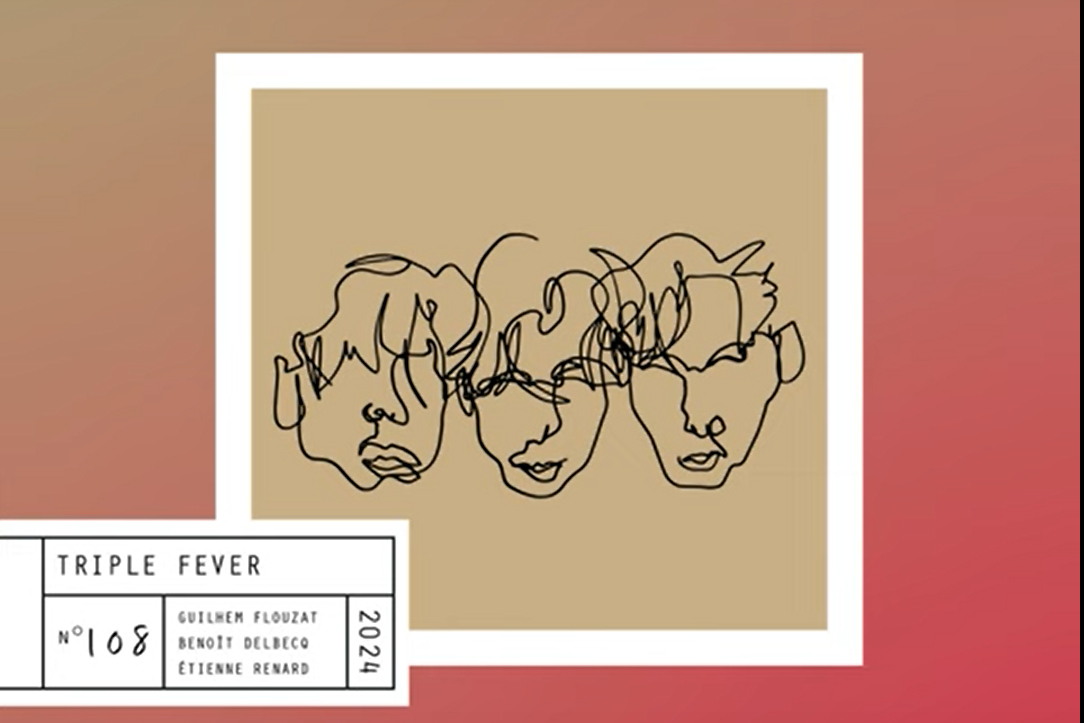Review: Aaron Parks’ ‘Little Big II: Dreams of a Mechanical Man’
|
Getting your Trinity Audio player ready...
|
In ancient Greek mythological lore, Hephaestus, the god of technology, created a giant bronze automaton named Talos who was powered by ichor, the blood of the gods. It was Talos’ job to protect the island of Crete from invaders by throwing boulders at incoming ships and crushing anyone who washed ashore. He was programmed to complete his tasks day after day with no variation. The sorceress Madea later promised him immortality in exchange for removing a bolt from his ankle. This ultimately proved to be his downfall as it caused him to leak ichor and collapse. The story showcases a society’s thoughts on the intersection of logic and emotion; between function and feeling. Much has changed in the almost three millennia since the story’s first telling, as artificial intelligence has significantly shifted from science fiction to technical reality. However, humanity is still fascinated by these issues and they also largely guide Aaron Parks’ Little Big II: Dreams of a Mechanical Man (Ropeadope, 2020).
The album itself adopts its title not from any of the other countless robotic characters who have existed throughout literature but instead from the teachings of philosopher G.I. Gurdjieff who believed that mankind lives in a state of hypnotic “waking sleep.” Although this views mankind in the automated role rather than discussing a literal machine, the underlying concepts remain the same. In the pianist’s own words, the group is “going for and, not or. Structure and freedom. Restraint and abandon. The idea is for this band to simultaneously feel like a well-oiled machine and a scrappy crew of improvisers.” Generally, such order is provided by a consistent beat and repetitive melodic motif.
The beginning of “Friendo” relies on the heavy cycling of a catchy piano theme undergirded by a fairly constant rhythm. Upon initial approach, these aspects seem to predominate the track. However, repeat listening reveals subtle adjustments, changes, and deviations suggesting that even in the comfort of an organized structure individualized creativity lurk beneath. Half-way through the track, these sounds come to the fore as the bass and guitar begin to emerge to present a different perspective.
Similarly, “The Shadow & The Self” starts as a slow and languid ballad guided by the rhythm of a timepiece or the steady turning of gears, emphasizing a systematic regularity. Gradually, it disconnects from this beat as it picks up speed before launching into an otherworldy sounding keyboard solo. By the end, it returns to whence it came. The piece seems to represent a robotic character who started on a pre-programmed route, at some point became self-conscious, but then needed to be reprogrammed into this original role. By “The Storyteller”, the band suggests even the drumline isn’t as confined as originally suggested as it ostensibly drifts from its preset method.
Individualism additionally emerges in the album’s choice not to follow coded limits on musical style. The significant use of Tommy Crane’s repeated drum rhythms builds on a historical antecedent in hip hop. On “My Mistake” Greg Tuohey evokes a Frisell-like Americana influenced twinge while the remainder of the song a child of the blues, further emphasizing the similarities of the two. Elsewhere, his solos exhibit an indie rock influence. Throughout, Parks walk a fine-line between what most would identify as jazz or electronica. The quartet naturally combines these influences, rendering it delightfully difficult to isolate one form or another. It all fits the leader’s stated goal of lulling his listeners “into a trance where you think you know where you’re going, and then take you somewhere unexpected, almost without realizing how you got there.”
While a sequel to Little Big (Ropeadope, 2018), itself the spiritual heir to Invisible Cinema (Blue Note, 2008), the album is not a mere copycat of either. It forges a unique path in contemporary music and Parks’ discography. Perhaps the most notable deviation from its immediately preceding release is its adoption of more extended solos. Although seemingly improvised and individualized, they also largely further the movement of the ensemble as a unified whole. Dreams of a Mechanical Man is a fresh look into the interplay of sentiment and reason and a reminder that humanity must delicately balance the two. Always a welcome message, it takes on a newfound relevance in an era in which people are increasingly physically, socially, and emotionally distant.
Little Big II: Dreams of a Mechanical Man is now available on Ropeadope Records.
Tracklist: 1. Attention, Earthlings; 2. Here; 3. Solace; 4. Friends; 5. Is Anything Okay?; 6. The Shadow & The Self; 7. The Storyteller; 8. Dreams of a Mechanical Man; 9. My Mistake; 10. The Ongoing Pulse of Isness; 11. Where Now?; 12. Unknown
Personnel: Aaron Parks (piano, synthesizers, Wurlitzer, Rhodes, celeste, vibraphone, glockenspiel, chimes, voice), Greg Tuohey (guitar), David Ginyard, Jr. (Bass), Tommy Crane (Drums, Percussion).




One thought on “Review: Aaron Parks’ ‘Little Big II: Dreams of a Mechanical Man’”